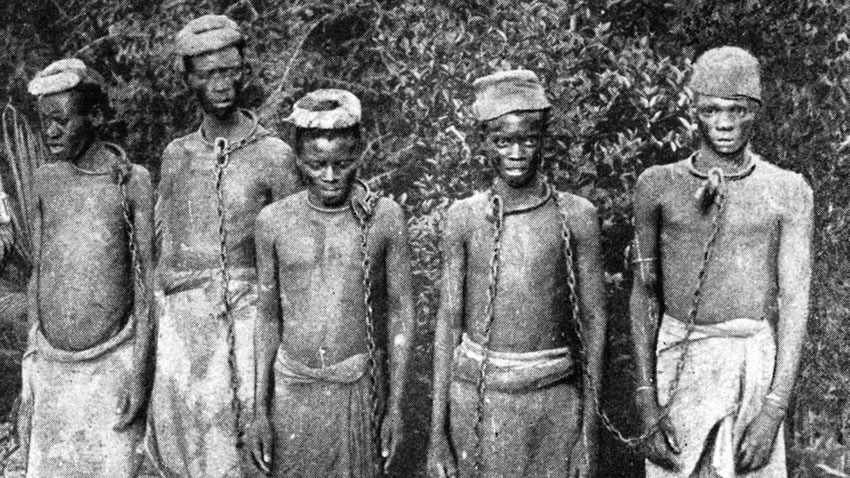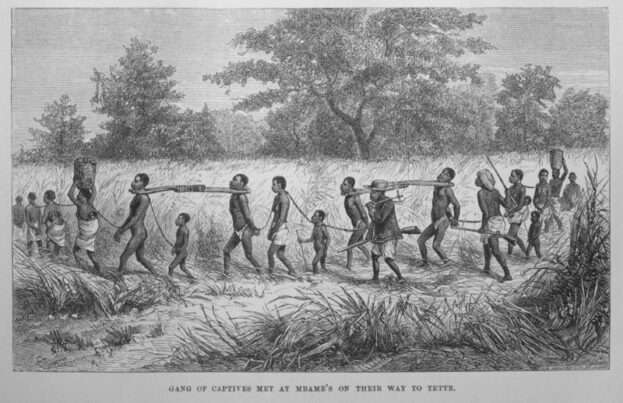
By John Rappoport
I’m going to print an excerpt from a 2010 opinion piece, published in the NY Times, written by Henry Louis Gates.
It’s a stunner.
It describes black slavery in black Africa, a “forbidden subject.”
Black scholar and historian, Henry Louis Gates, isn’t some unknown lightweight. Many people are aware of him from his genealogy show on PBS. Or his professorship at Harvard. Or his many books. Or his famous 2009 arrest, outside his own home, by a Cambridge cop, who thought Gates was breaking in---which resulted in the highly publicized “summit” at the White House---Obama, Gates, and the cop sitting down, chatting, and drinking a beer.
But before I print the excerpt from Gates’ NY Times piece, which describes the black slave trade in Africa, I want to publish a reaction to it---written by the well-known late political and jazz writer, Stanley Crouch.
Crouch, a black man, took no prisoners in conversation or in print. You might say he was famous for being avoided by ideologues and other superficial types. He backed down from no one.
This is part of what Crouch wrote in response to Gates’ opinion piece in the Times:
“But it was a sad day for the racial gloom industry when Skip [Henry Louis] Gates took out a licking stick and brought it to the editorial page of the New York Times. His short essay left thick welts of the hard, truth-telling blues on the rumps of willfully ignorant or inaccurate academicians. Those most disturbed by the humanizing elements of the facts are usually ideologues who have made careers peddling a convenient simplification of the African slave trade that breaks down into an irresponsible cartoon about good guys and bad guys.”
Continue Reading
Rating: 0.00/5 (0 votes cast)















 : 11- 36 minutes.
: 11- 36 minutes.  : Over 36 min. Fun:
: Over 36 min. Fun:









